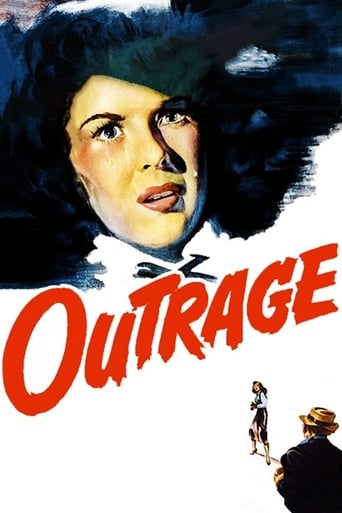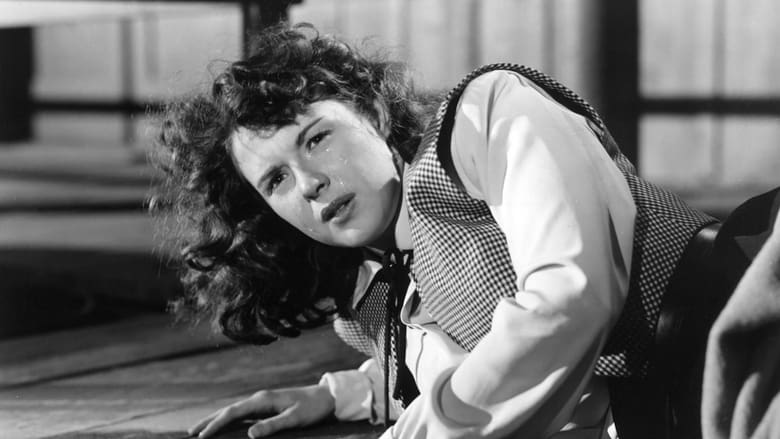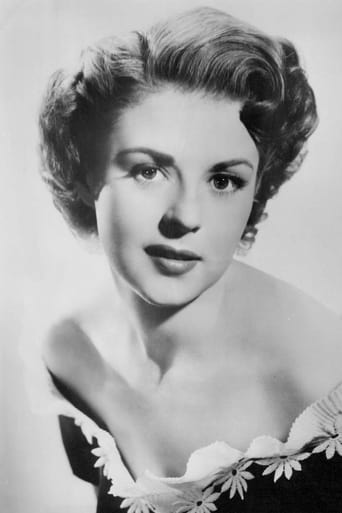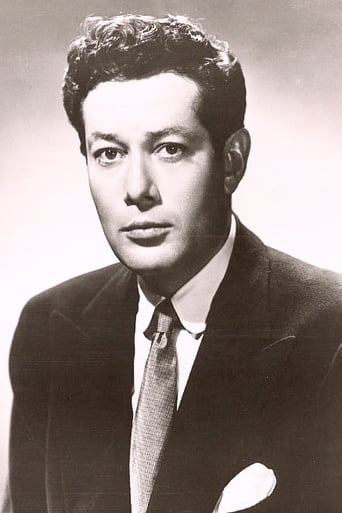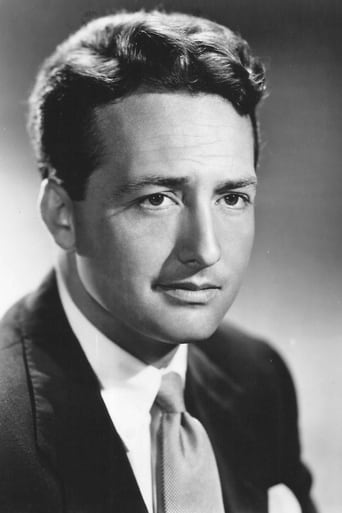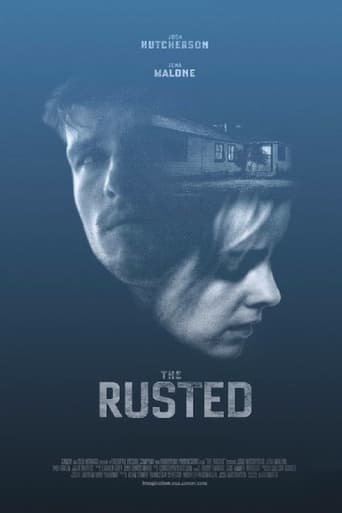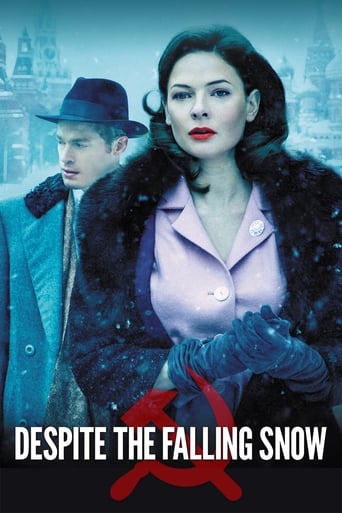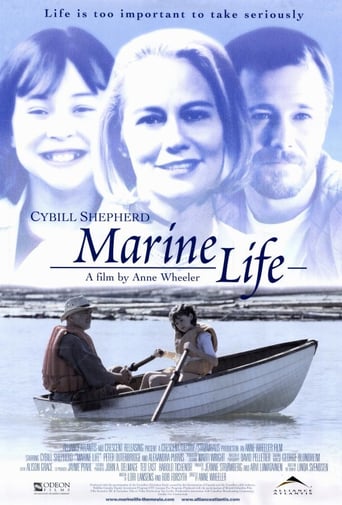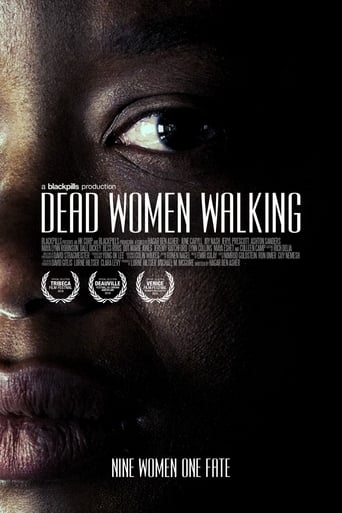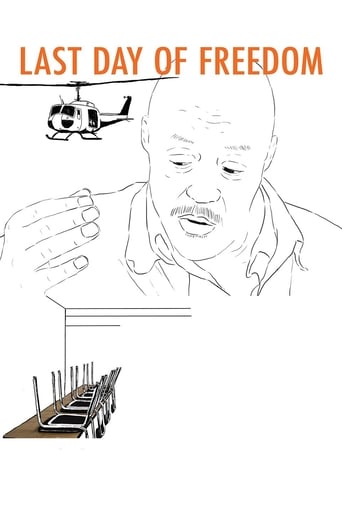Outrage (1950)
A young woman who has just become engaged has her life completely shattered when she is raped while on her way home from work.
Watch Trailer
Cast


Similar titles
Reviews
Let's be realistic.
In truth, there is barely enough story here to make a film.
This is one of the best movies I’ve seen in a very long time. You have to go and see this on the big screen.
It is encouraging that the film ends so strongly.Otherwise, it wouldn't have been a particularly memorable film
Outstanding film detailing the mental breakdown of an engaged woman who is molested while on her way home from work. The film shows what mental detachment may bring as well as the repercussions of such a terrible situation.Mala Powers was terrific in the role of the victim whose life goes complete awry after suffering such an experience. We see the stigmatization that she finds after the outrageous incident. Unable to cope, she flees her home only to find peace and tranquility on a farm and the love of a minister finding his own way after his experiences during World War 11.We see the kindness of other people, and just when things seem to be getting somewhat back on course, a very forward guy leads Powers to imagine her previous incident and therefore with near tragic consequences.This was beautifully directed by Ida Lupino and shows the goodness of people in attempting to aid a lost soul.
What an incredible film! The scene where Mala Powers' character is stalked, right before the rape, is on a par with anything Hitchcock ever did. And the line-up scene, a bit later in the film, with its quick cuts from one potentially guilty face to the next, is truly suspenseful. A nationally known critic seems to think the filmmakers presented an optimistic viewpoint about a rape victim's recovery, but I slightly disagree. I would say that Ida Lupino's direction shows much more ambiguity, and that it is not going to be easy for the main character to continue rebuilding her life in a society like ours. How is she ever going to be able to trust a man again? This is thoughtful cinema at its best. Definitely worth seeing.
R.K.O. second-feature about a small town working girl, living with her folks and about to be married, who is the victim of a "criminal assault" (i.e., rape). After reporting her attack to the police, the girl and her parents attract stares and whispers from the curious locals. In a benumbed fog, the girl boards a bus for Los Angeles, getting off in a rural town and meeting a well-meaning pastor. Interesting film, co-written and directed by Hollywood pioneer Ida Lupino, has a tight pace but it isn't well cast. Newcomer Mala Powers spends most of her time staring wide-eyed into faces, running and looking back, running and looking back, while all the men are lookalike-bland, and seem awkward with their ineffectual characters. Not-bad programmer has amusing parallels to Carroll Baker's 1961 film "Something Wild", but there isn't much outrage in this scrubbed scenario--just a stunned quiet. **1/2 from ****
Ida Lupino was one of the few women to break through the directorial glass ceiling in Hollywood under the studio system. Not surprisingly, she also tackled proto-feminist themes that, when touched at all, were approached in so gingerly a manner that it was seldom quite clear what was being talked about. In Outrage, she treats rape and its aftermath, and though throughout the short movie it's referred to as `criminal assault,' she leaves, for once, no doubt about what happened.Mala Powers (in her official debut) plays a secretary-bookkeeper at a big industrial plant; she lives with her parents but is engaged to a swell guy (Robert Clarke), who just got a raise and now makes $90 a week. Leaving the plant after working late one night, she finds herself being stalked. In the ensuing scene the best in the movie she tries to escape her pursuer in a forbidding maze of buildings and alleys but fails.When she returns home, disheveled and in shock, the police can't get much out of her; she claims she never saw her attacker (who manned a snack truck outside the factory). Trying to pretend that nothing happened, she returns to her job but falls apart, thinking that everybody is staring at her, judging her. She goes into a fugue state, running away to Los Angeles on a bus but stumbling off at a rest stop. Waking up in a strange ranch house, she learns that she's been rescued by Tod Andrews, a young minister in a California agricultural town. She lies about her identity and takes a job packing oranges. The two fall vaguely in love, but it's clear to Andrews that Powers is keeping dire secrets. When, at a company picnic, she seizes a wrench and cracks the skull of Jerry Paris, who was trying to steal a kiss, the truth about her past comes out....It was a courageous movie to come out in 1950, and that may explain and excuse some of its shortcomings. Lupino never recaptures the verve of the early assault scene, and the movie wanders off into the bucolic and sentimental, ending up talky and didactic. Yes, Lupino had important information to impart, but she didn't trust the narrative to speak for itself. Her cast, pleasant but bland and generic, weren't much help, either, reverting to melodramatic postures or homespun reassurance. But Outrage was a breakthrough, blazing a trail for later discourse on what the crime of rape really is, and what it really means to its victims.

